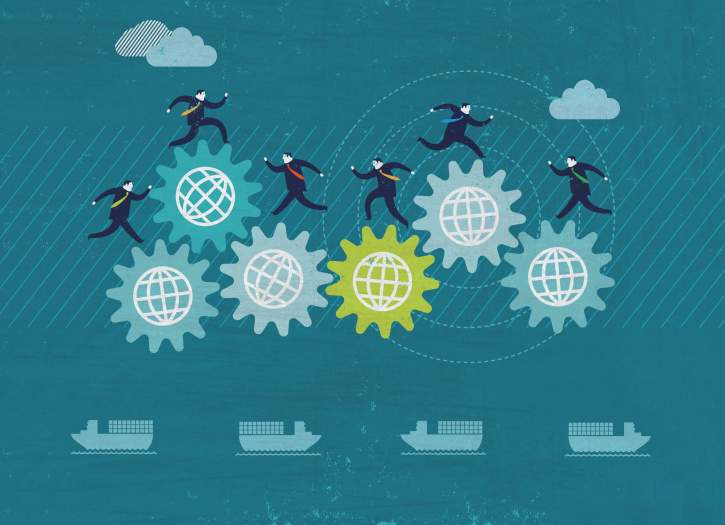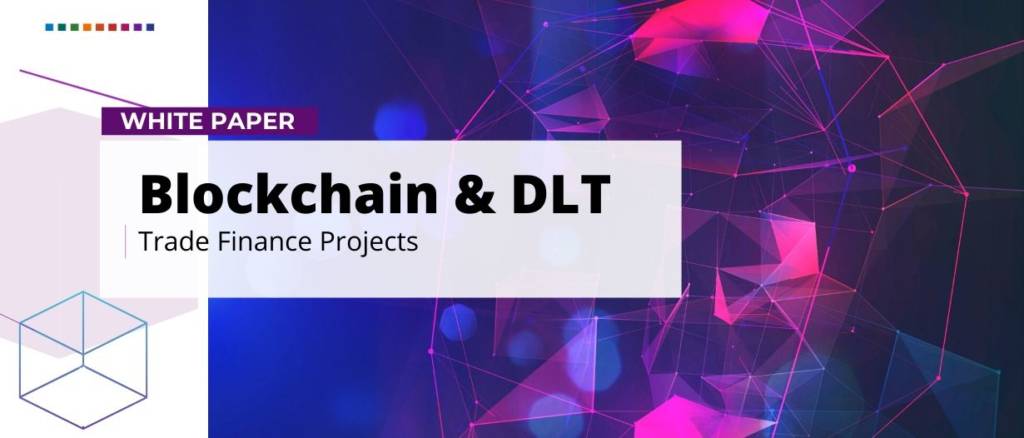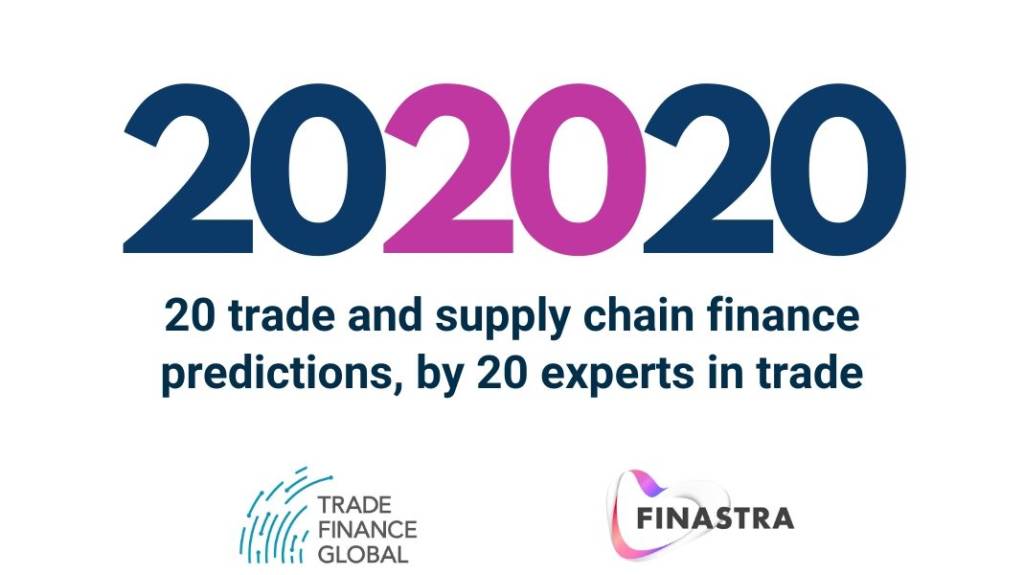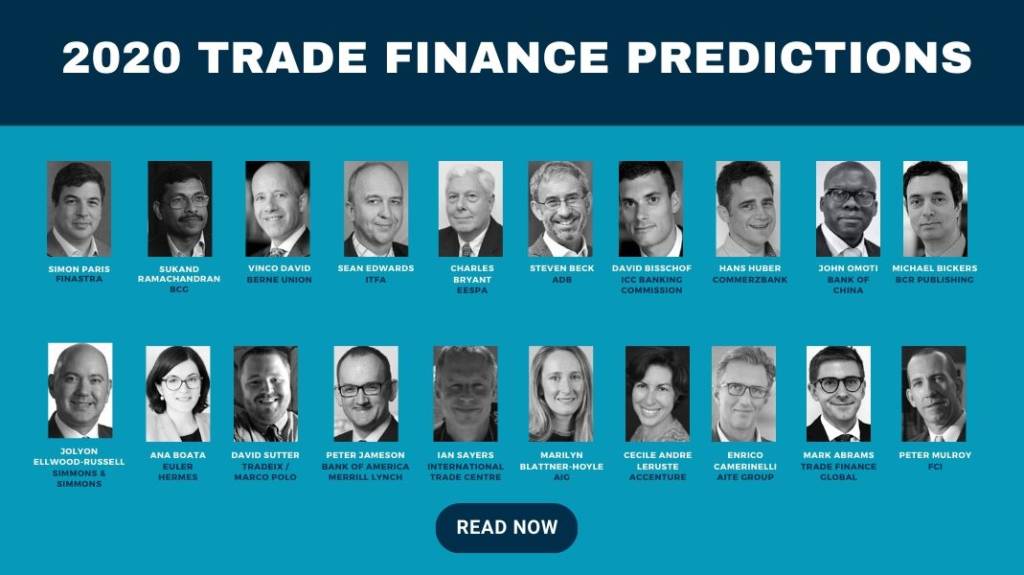We discussed with AIG some of the challenges and opportunities in the trade credit insurance sector. Enabling the much-needed reduction of the trade finance gap, and bringing in a wider array of investors while mitigating the risks of such expansion in the backdrop of geopolitical uncertainty will be a huge challenge in 2020. However, dealing with a broader collection of participants in the trade finance ecosystem in terms of jurisdictions, size of the borrower, types of assets and fintech entrants set us up for interesting times.
In this 2020 interview series, TFG spoke to 20 experts in trade, receivables and supply chain finance.
An Interview with AIG, Marilyn Blattner-Hoyle

Name: Marilyn Blattner-Hoyle
Position: Global Head of Trade Finance
Organization: AIG
Interviewed by Nikhil Patel (NP), Analyst, Trade Finance Global
2019 – The Year of Growth and Experimentation
Nikhil: In 200 words, what were the key highlights and opportunities of 2019 from an industry perspective in trade, receivables and supply chain finance?
Major geopolitical shifts and instability provided both opportunities and threats in the Trade Credit/ Trade Finance insurance space for insureds and insurers this year. The market continued in 2019 to adjust structures, risk/reward balance and appetite to these changing times.
2019 was a year of growth and experimentation with the partnership between the traditional trade finance ecosystem with alternative investors. Partnerships are developing.
Basel III regulation and the many 2019 consultations with regulators on the same represented a clear opportunity for the industry to highlight the proven strong risk-sharing and capital risk mitigation techniques used between banks and insurers enabling global trade. 2019 generated the most coordinated industry efforts to steer such engagement to date, particularly in Europe. This will continue in 2020 and expand globally.
The Importance of Insurance and Risk Mitigation Techniques
NP: What are your top predictions for trade, supply chain and receivables in 2020?

Trade Credit and Trade Finance insurance will become increasingly imperative to support corporates and their banks as well as alternative financiers in their capacity management, economic optimization, adjustment to trade flows and cautious expansion of global trade. The recessionary fears will continue to drive a cautious approach, but trade finance as a traditionally safe asset class will continue to generate strong opportunities.
Data is king. All parts of the trade finance ecosystem will continue to make investments in improvements in data accuracy and exchange to support much-needed efficiencies and growth, but incremental changes will continue in 2020 rather than big fireworks of tech change.
Regulators will become increasingly engaged with the importance of insurance and other capital risk mitigation techniques to global trade and will form closer relationships with industry bodies and corporates they regulate in this space
2020 Predictions in Trade and Supply Chain Finance – An AIG Perspective
NP: In 200 words, what are the biggest challenges in trade, receivables and supply chain finance you predict for 2020?
Enabling the much-needed reduction of the trade finance gap, and bringing in a wider array of investors while mitigating the risks of such expansion in the backdrop of geopolitical uncertainty will be a huge challenge in 2020. Protecting trade finance’s position as a safe asset class is paramount. However, dealing with a broader collection of participants in the trade finance ecosystem in terms of jurisdictions, size of borrower, types of assets, as well as the continual push for longer terms (that may or may not match the working capital cycle of the trade flow), fraud-potential, different global flows, technology and fintech entrants sets us up for interesting times.

NP: What are the key priorities for AIG in 2020?
Enhancing our client and broker experiences while driving profitable growth and underwriting excellence
NP: What’s your top prediction for a technology that you think will truly kick off / have the most success in 2020?
Technologies that improve data accuracy, sharing and efficiencies but allow incremental change will be the best bet. I hope such ecosystems will be as open as possible so that further data silos are not created. Sustainability will also be more and more relevant as we look at trade finance structures and innovations
Read our trade finance 2020 predictions here



































